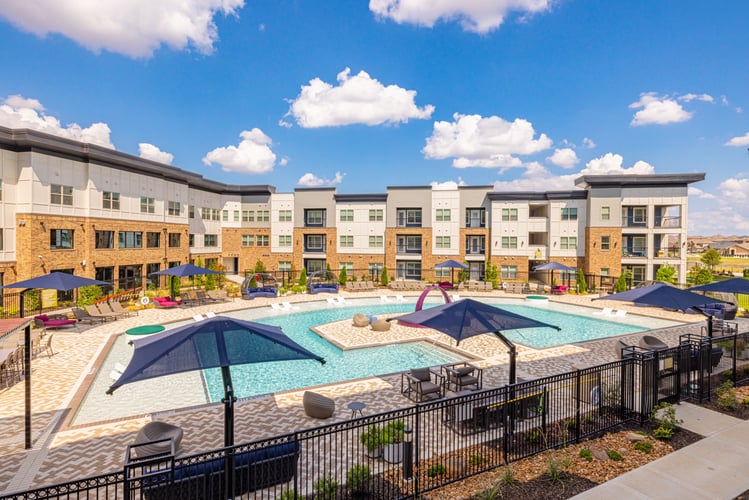Are you looking for ways to make your apartment community more efficient and effective? This series will help you find out how you can conduct a thorough vacancy analysis across the marketing and leasing chain, and offers practical strategies and tools to help take your apartment community to the next level! Access the full table of contents available below.
Introduction: How do you react when vacancies rise at your apartments?
Where do you run to when vacancies increase?
- "C'mon marketing, we need more leads!"
- "Hey, leasing team, let's sell, sell, sell!."
- "Lower prices and run more specials!"
- "Keep residents happy—we want renewals!"
Usually, apartment owners and operators aggressively go after one of these areas in response to vacancies instead of diagnosing the cause of the problem.
The reality is that any weak link in your marketing,
leasing, pricing, and renewal strategies
can wreck your occupancy.
That's why you need to learn how to conduct a proper vacancy analysis of your marketing and leasing chain to detect and resolve the weak links in your apartment community's operation.
This blog series will walk you step-by-step through conducting a vacancy analysis across every part of your operational chain (except for pricing, which we've purposefully saved for last.)
By the end, you should be able to accurately pinpoint the root cause of your vacancies. And we'll offer solutions along each part of your chain that could help you improve their performance.
Let's go!
The apartment marketing & leasing chain
The best way to conduct a proper vacancy analysis in your apartment's operation is by following the framework of your marketing and leasing chain (above) and working backward.
Why work backward? Every unit that turns over results in some vacancy—that is the starting point. The more units turnover, the more uphill climb for you to combat vacancy—regardless of how positive your operation is.
The other reason you should follow the marketing and leasing chain when conducting a vacancy analysis is that it puts every area of your operation under scrutiny. In doing so, you'll also see the genuine need for collaboration across teams—it takes everyone working together to diagnose and defeat the causes of vacancies in your community.
So, let's begin at the end—your renewals.
➡️ Next page: Is your apartment's renewals strategy causing more vacancy?
Complete Apartment Vacancy Analysis Series
Introduction: What's causing your apartment's vacancy? Here's how to find & fix it
Part 2: Is your apartment's renewals strategy causing more vacancy?
Part 3: Are your residents satisfied with their experience at your apartments?
Part 4: Are you accruing excess vacancy loss after units lease?
Part 5: Are you properly vetting your apartment's lease applications?
Part 6: Is your apartment's application process to blame for vacancies?
Part 7: Are your apartment tours helping overcome vacancy?
Part 8: Do you have enough 'good' leads to improve apartment leasing?
Part 9: Is your apartment website converting leads to leases?
Part 10: How qualified is the traffic to your apartment website?
Part 11: What about pricing?! How rents affect your apartment's performance

